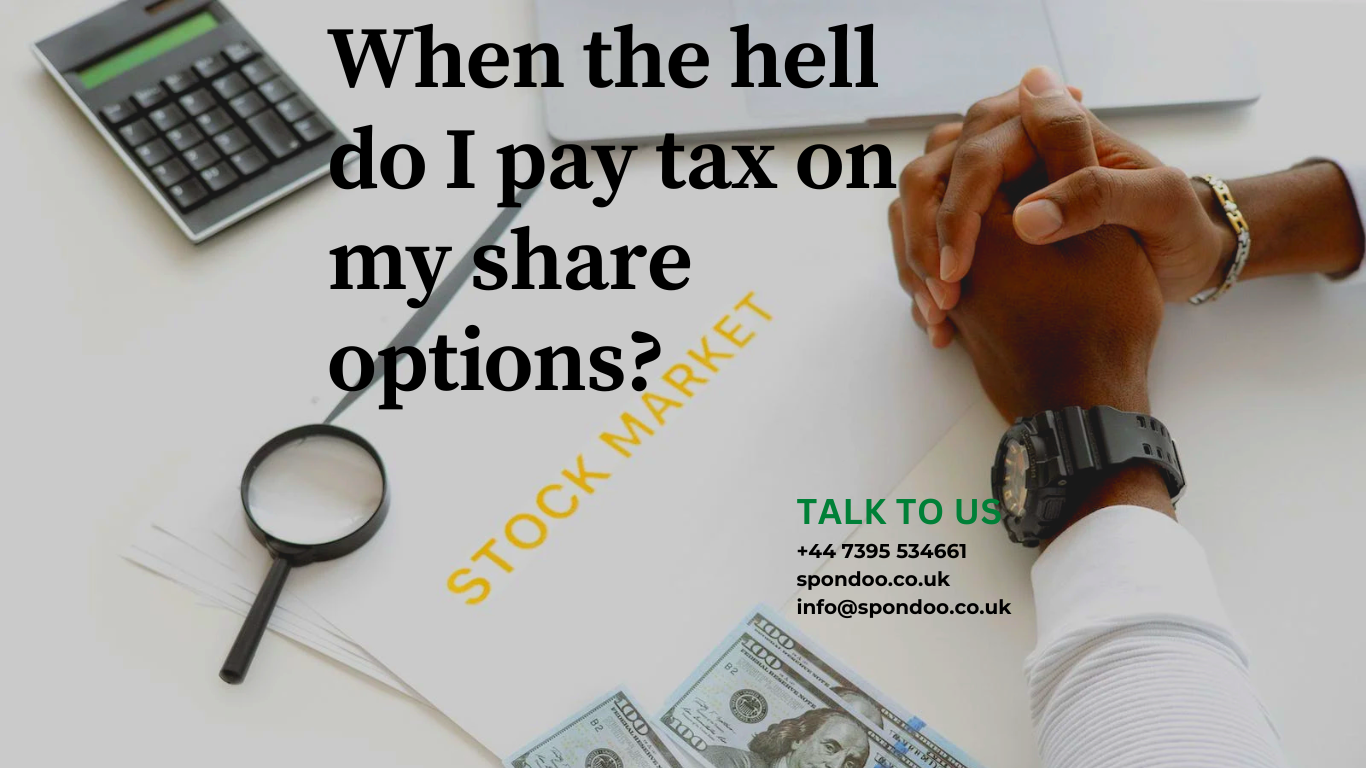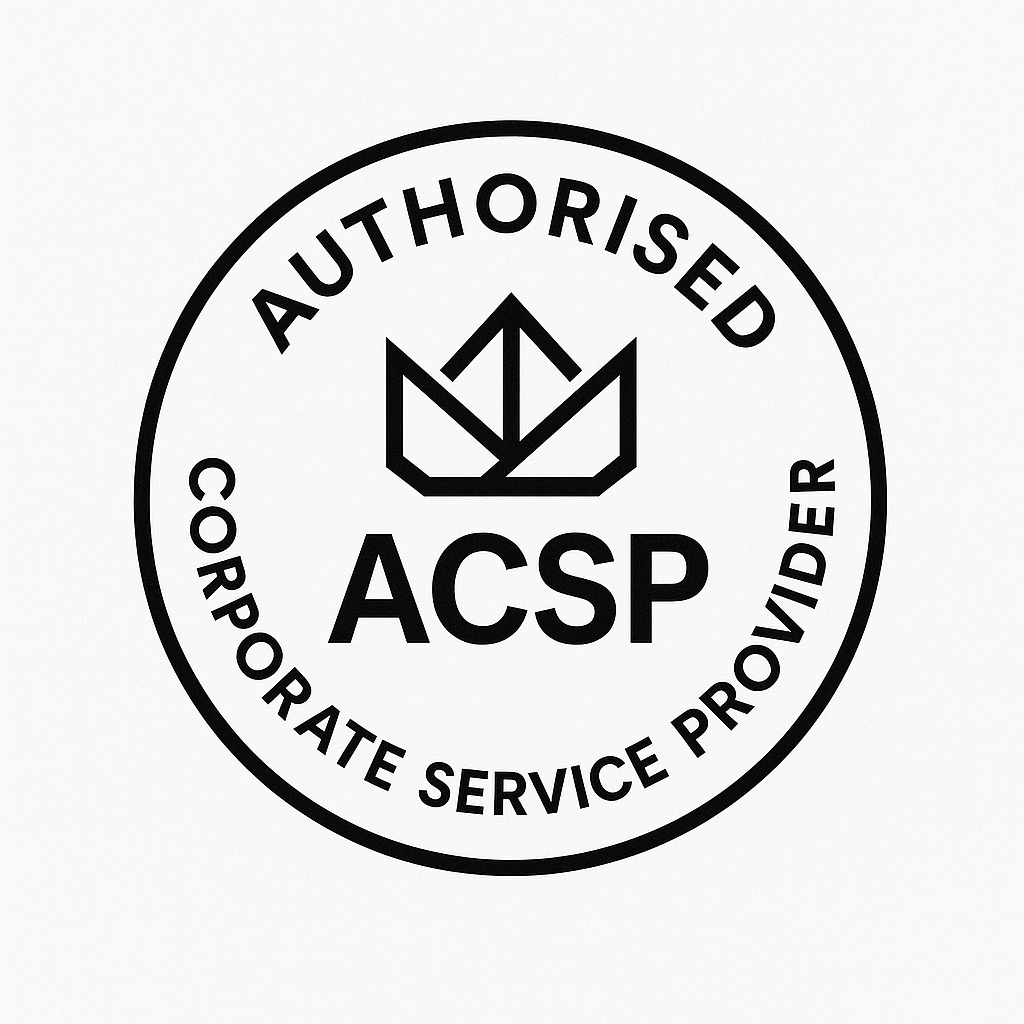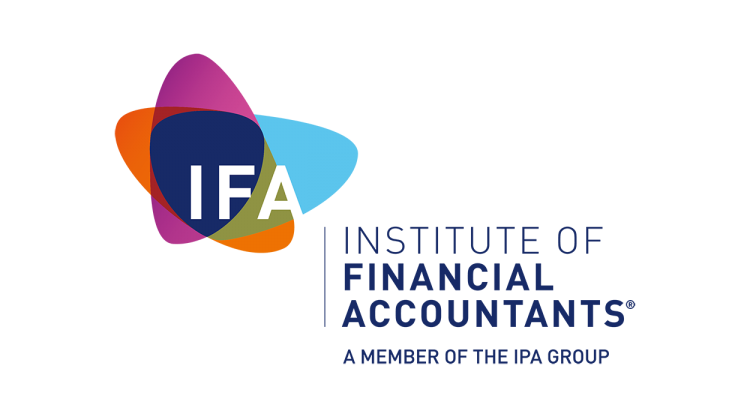Share options are not usually taxed when they are granted, however, depending on the business issuing the share options you will be taxed at different times:
- If the business is pre-IPO (i.e. not listed on a stock change) - there is no tax or national insurance when you exercise the shares. Instead you tax a mixture of income tax and capital gains tax when you eventually sell the shares. As there is no Class 1 National Insurance obligations the tax is reported and paid via your Self Assessment (personal tax return).
- If the business is post-IPO (i.e. listed on a stock change) - at the exercise date your employer will have a PAYE Reporting obligation, so they will be required to report and the pay tax and Class 1 National Insurance via your pay slip. It is normal practice for the employer to immediately sell a portion of your shares at the exercise date to settle this liability. When you eventually sell the shares you will need to pay Capital Gains Tax via your Self Assessment (personal tax return), however, you will not need to pay income tax at this point as this should already have been accounted for through your employer's pay slip.
Note - referring to the main condition as Pre-IPO versus Post-IPO is not strictly true. The tax law actually refers to Readily Convertible Assets (RSAs) which states that are the shares are listed on a recognised stock exchange or have a robust facility or pre-existing arrangement for the shares to be immediately sold.
For more enquiries, please feel free to talk to one of our experts . Reach out to us today.





